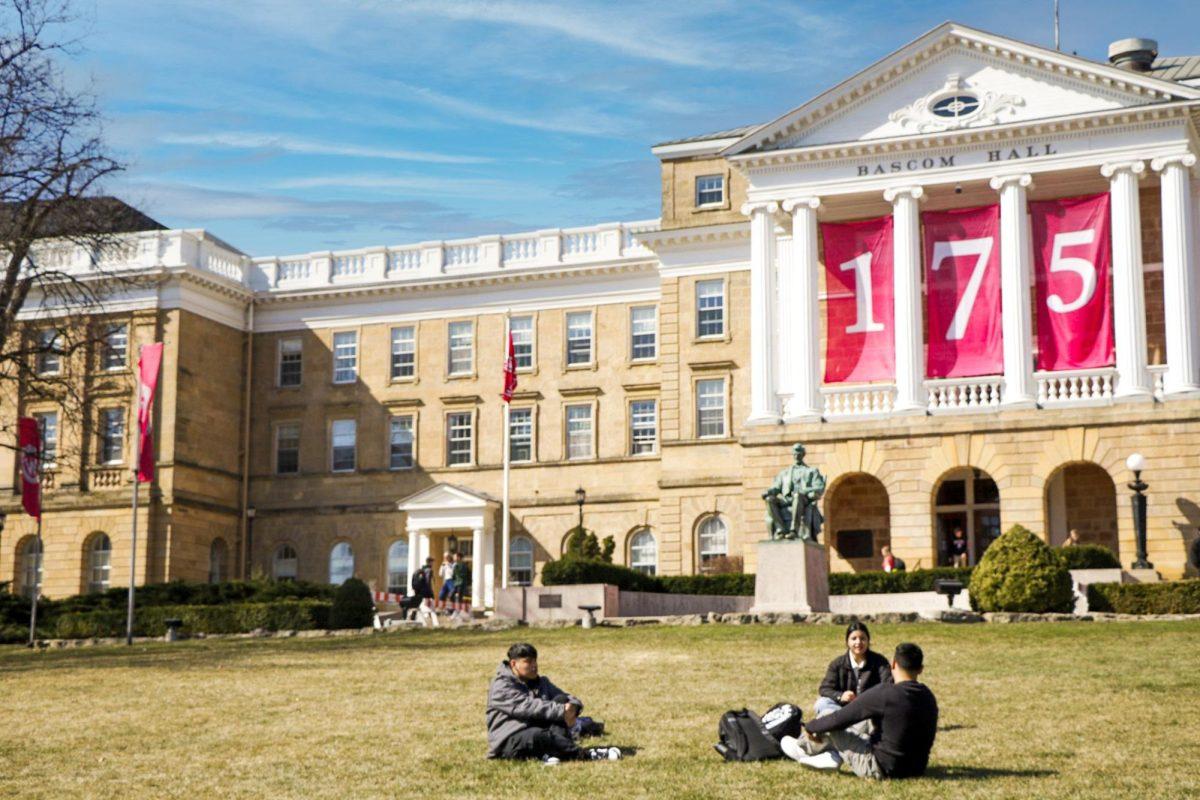A researcher ready to face the challenges ahead recently stepped in to lead one of the University of Wisconsin’s most controversial research centers.
Jon Levine took the helm Sept. 1 as director of the Wisconsin National Primate Research Center after spending 26 years as a professor at Northwestern University.
With so much time invested at Northwestern, Levine said he did not expect to make the move, but he could not let the chance to work at such a prestigious institution slip away.
“It represents a wonderful opportunity for me to contribute…to the overall scientific advancement in a number of fields I’m invested in,” he said.
Levine worked as a professor of neurobiology and physiology while at Northwestern and focused on hormone regulation in women, he said.
He will continue this research at UW with non-human primates.
As director, Levine said he knew the WNPRC has been criticized in recent years for their testing methods and treatment of animals, but he plans to tackle skeptics and opponents through education.
Most recently, animal research at UW came under fire in December 2009, and again last summer, when the United States Department of Agriculture evaluated UW’s animal research program and found that the university had multiple violations of the Animal Welfare Act, including the presence of expired drugs and cockroaches on the walls.
This had come on the heels of UW primate researcher Michele Basso having her animal research privileges taken away in 2009 because of numerous conduct violations.
Basso was eventually reinstated with stricter oversights, but these incidents created much criticism for animal research at UW.
Taking the initiative to educate the public about what the WNPRC does regarding human and animal health — including the types of research conducted and the significance of the research — will be Levine’s first steps to combat this criticism.
“I think this is really the most productive avenue that someone in my position can take rather than get into pitch battles with those who are ideologically fixed in their positions,” he said.
In addition to transparency, Levine said WNPRC currently funds outreach programs, which he hopes to expand as director.
As the interim director, current Associate Dean for Biological Sciences of the Graduate School Donna Paulnock said she believes Levine has all the tools necessary to guide the Center, even through the murky waters of controversy.
“He’s dedicated to the idea that biomedical research is the key to find cures for human diseases and is ready to engage in dialogue,” she said. “I think he welcomes that opportunity.”
Paulnock said Levine was chosen because his area of specialty coincides with the mission of the Center, and he also has the necessary skills to manage a unit as large as the WNPRC.
Currently, the center conducts experiments with about 1,400 primates for research on AIDS, Parkinson’s disease and infertility, among others, Levine said.
“As director my charge is to…really mix the pot and try to anticipate where the most important discoveries are going to come from,” he said. “To put together a research agenda that’s going to make the biggest difference — that’s the most important thing we do.”
















